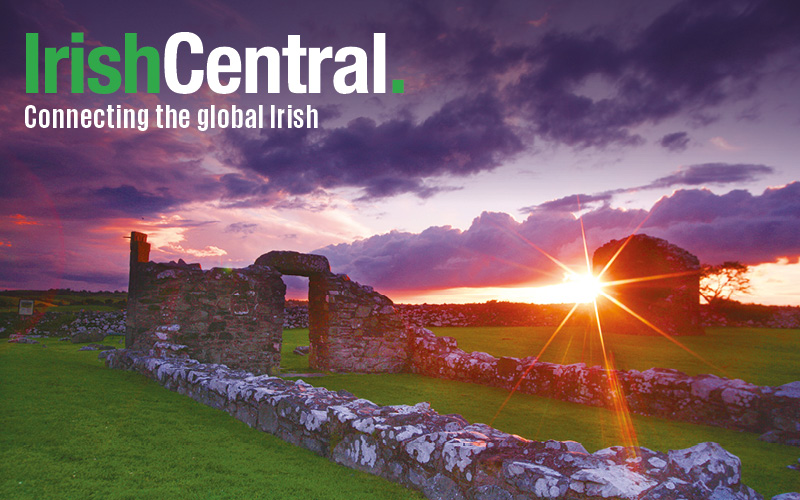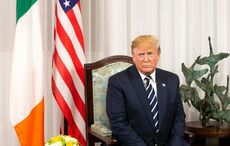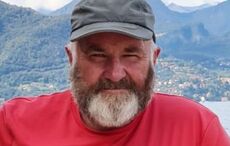President Barack Obama today praised Mary Robinson as "a crusader for women and those without a voice in Ireland," saying she "shone a light on human suffering" during her work on human rights and hunger.
Well, he didn't do that directly because a military aide read out the citation for Robinson's Presidential Medal of Freedom, but you get the point.
The Medal is the highest honor the U.S. can bestow on a civilian and Obama's citation also praised her for "urging citizens and nations to make common cause for justice."
Mrs Robinson was recognised for her work as President from 1990 to 1997 and as UN High Commissioner for Human Rights.
Unfortunately, some citizens have been making a mountain out of a molehill since Robinson, the former president of Ireland, was announced as one of the 16 recipients.
Obama has been pounded with criticism for his decision to to select Robinson because of what her critics said was anti-Semitism.
The American Israel Public Affairs Committee made the most noise and said that Robinson's time on the UN Human Rights Commission was "deeply flawed, and her conduct marred by extreme, one-sided anti-Israel sentiment."
The criticism mounted over the past few weeks with two Democrat House Representatives; Eliot L. Engel (D-N.Y.) and Shelley Berkley (D-Nev.), joining conservative Jewish groups in blasting Obama.
In the end though the White House and Obama stood firm and press secretary Robert Gibbs rubbished media enquries about any second thoughts at the White House.
"The president is recognizing her for her leadership on women's rights and equal rights. And as I've said before, he doesn't agree with each of her statements, but she's certainly somebody who should be honored," Gibbs said.
Obama said the 16 honorees represent "what we can achieve in our lives . . . [and] the difference we can make in the lives of others."
The rest of the awards went to: Sidney Poitier, Jack Kemp, Stephen Hawking, Nancy Goodman Brinker, Pedro Jose Greer Jr., Billie Jean King, Sen. Edward M. Kennedy (D-Mass.), Justice Sandra Day O'Connor, Harvey Milk, the Rev. Joseph Lowery, Joseph Medicine Crow, Archbishop Emeritus Desmond Tutu, Muhammad Yunus, Janet Davison Rowley and Chita Rivera.
President John F. Kennedy created the awards in 1962 and today, his brother, Sen. Edward Kennedy (D-MA.), was unable to accept it in person out of respect of the recent passing of his sister, Eunice Kennedy-Shriver.
His daughter Kara, visibly upset, accepted the award in his stead.
"Each of their stories stand as an example of a life well lived," Obama said.
"This is a chance for me and for the United States of America to say thank you to some of the finest citizens of this country and of all countries," Obama said.
"At a moment when cynicism and doubt too often prevail, when our obligations to one another are too often forgotten, when the road ahead can seem too long or hard to tread, these extraordinary men and women, these agents of change, remind us that excellence is not beyond our abilities, that hope lies around the corner and that justice can still be won in the forgotten corners of this world," the president said.
Ireland's Foreign Affairs Minister Micháell Martin said the Medal was a fitting tribute to Robinson for her tireless work fighting for human rights.




Comments